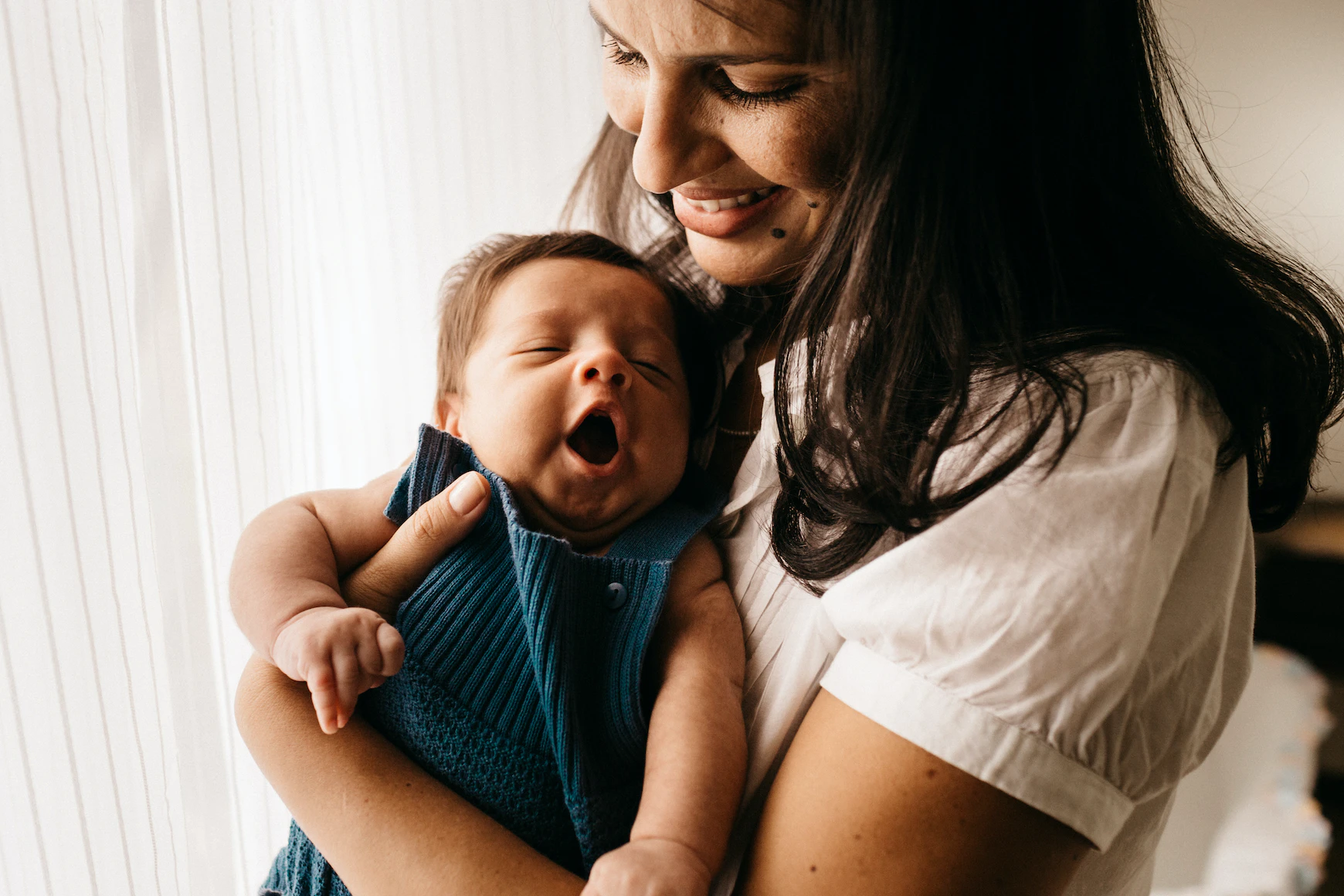Scientists have conducted a study to find out whether the time of year in which a woman gives birth affects the risk of developing postpartum depression
As a result, they managed to find out that women who give birth in winter or spring are less prone to postpartum depression than those mothers who give birth in autumn or summer.
The authors of the study suggest that this may be due to the fact that women who gave birth in winter and spring were exposed to the sun longer during pregnancy.
The study also found that women who refused anesthesia during childbirth were more likely to suffer from postpartum depression.
The study authors said that this may be due to the fact that the pain during childbirth had a traumatic effect on the woman’s psyche. “We wanted to find out if there are certain factors that can be hypothetically avoided and affect the risk of developing postpartum depression. As a result, we were able to find out that anesthesia has a positive effect on a woman’s mental health after childbirth,” says study author Zhi Zhou, professor of medicine at Brigham & Women’s Hospital in Boston.
Scientists have also found a link between being overweight and an increased risk of depression after childbirth. We were able to find out that overweight women need more outpatient care and have more pregnancy-related complications,” the authors of the study report.
At least 10 percent of women suffer from anxiety or depressive disorders after childbirth. Symptoms of postpartum depression include sadness, anxiety, irritability and decreased concentration. This type of depression usually results from a combination of hormonal changes, psychological problems of motherhood and fatigue.
Important: If you do not seek professional help, prolonged postpartum depression can interfere with the development of the mother-child bond and cause discomfort not only to the mother, but also to the baby and other family members.
